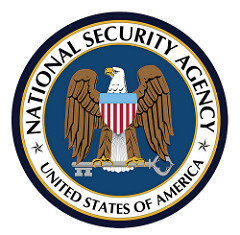Facebook is becoming the next tech giant to spar with law enforcement over privacy concerns.
Diego Dzodan, a Facebook executive, was arrested by Brazilian federal police on Tuesday for “repeated non-compliance with court orders”, according to a statement released by police. Brazilian police want information from a WhatsApp account that is linked to a drug trafficking investigation. WhatsApp is a messaging service that is used monthly by more than 1.5 billion people worldwide. Dzodan was taken into what the Brazilian police call preventative prison and could be held for a week or more.
Facebook wants to ensure that it maintains the privacy of its users from government intervention. In WhatsApp’s case, the company may not be able to help Brazilian authorities because it does not store users’ messages. In addition, WhatsApp is undergoing increased end to end encryption, which will make it even harder for the company to turn over user data. WhatsApp said in a statement that it disagreed with the Brazilian authorities on the case. “We are disappointed that law enforcement took this extreme step,” the messaging business said. “WhatsApp cannot provide information we do not have.”
Facebook, which bought WhatsApp in 2014 for $19 billion in 2014, condemned the Brazilian government’s move releasing this statement:
“We’re disappointed with the extreme and disproportionate measure of having a Facebook executive escorted to a police station in connection with a case involving WhatsApp, which operates separately from Facebook,” a spokesman said. “Facebook has always been and will be available to address any questions Brazilian authorities may have.”
This isn’t the first time Brazil has gone head to head with WhatsApp. In December, a judge ordered the shutdown of WhatsApp for the country for two days after not complying with a criminal investigation, but the ruling was overturned the next day.
Article via CNET, 1 March 2016; The New York Times, 2 March 2016
Photo: WhatsApp / iOS by Álvaro Ibáñez [Creative Commons Attribution-NonCommercial-NoDerivs]




